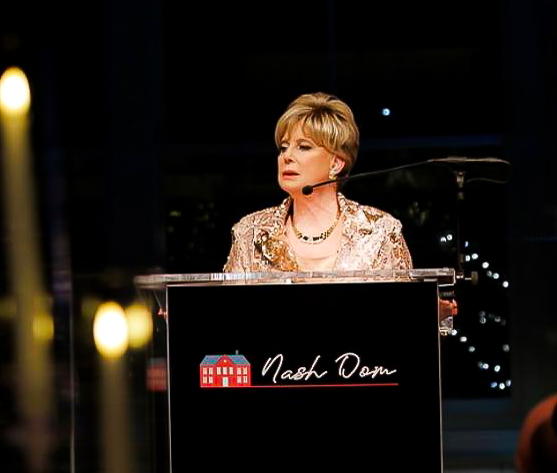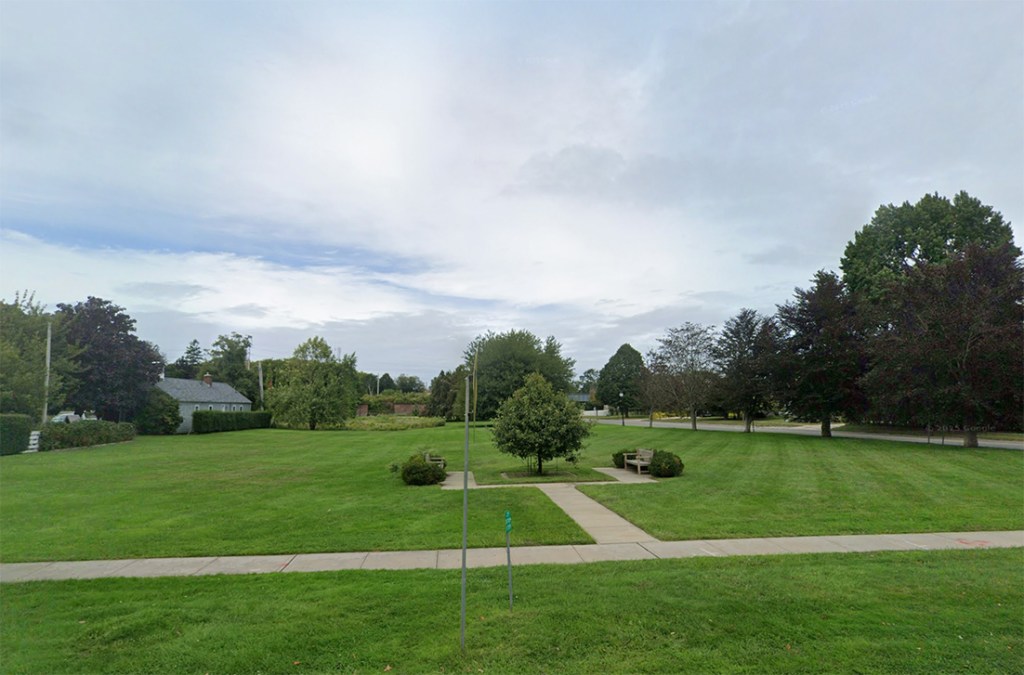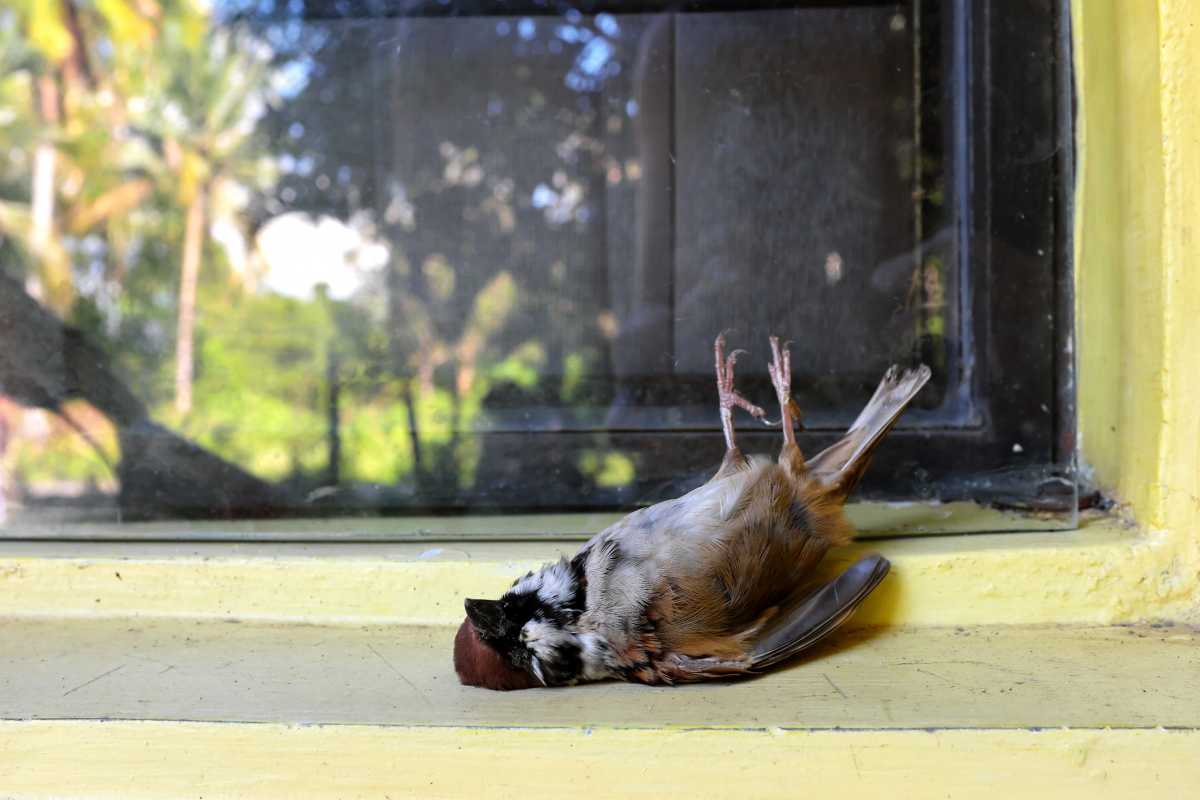Handel’s Israel in Egypt Choral Society Concert

We’ve all heard George Frederic Handel’s Messiah, if only that most familiar part of it, the ever-popular “Hallelujah” chorus. Messiah is what’s called an oratorio, a baroque-era specialty that includes instrumental overtures, choruses, solo arias, duets—basically the whole baroque arsenal of musical forms—that combine to tell a story. The German-born Handel derived great success from composing oratorios while living in England, because the British really loved them: Handel’s oratorios were, after all, written in English, and so the notoriously monolingual Britishers could follow the story. The success carried over to the new world as well. To this day in the U.S., Messiah is the most frequently performed large-scale choral work—no other piece even comes close. The Choral Society of the Hamptons performed it for Christmas 2011, and a nice CD of their rendition is available from their website.
In the face of Messiah’s success, Handel’s other oratorios can come to seem like obscurities. Under the baton of conductor Mark Mangini, The Choral Society of the Hamptons aims to shatter this impression with a rousing performance of Handel’s Israel In Egypt on Saturday, June 29 at 7 p.m. at the Parish Hall of Most Holy Trinity Church in East Hampton. Call 631-204-9402 or visit choralsocietyofthehamptons.org for tickets.
Performing Israel In Egypt is a vast undertaking. Unlike Messiah, Israel In Egypt employs a double chorus: that is, in addition to the soloists and the orchestra, Handel calls for two entire choruses of singers. Think of it as a “stereophonic” chorus. The Choral Society will be joined by The Greenwich Village Singers to achieve the requisite numbers to pull this off. The result is not only a “bigger” sound, but Handel also works in a lot of back-and-forth between the two groups of singers.
Israel In Egypt is a telling of the biblical story of the Exodus, and it contains some colorful sections about the plagues that God visits upon the Egyptians. One of my favorite movements, in fact, is the alto aria “The Land Brought Forth Frogs.”
The land brought forth frogs,
Yea, even in their king’s chambers.
He gave their cattle over to the pestilence.
Blotches and blains broke forth on man and beast.
Handel’s setting of this text features a lively accompaniment that hops around and seems to bring the frogs to life.
Similarly, in the chorus “He Spake The Word,” with the text:
He Spake the Word, and there came all manner of flies
Handel uses skittering violins to vividly illustrate the swarm of insects that God sends to disrupt the Egyptians. If these two movements provoke a giggle, there’s nothing wrong with that. I think Handel meant them to be funny.
Of course, Handel’s music tends toward the jolly side—perhaps another reason for its enduring popularity. Take the final chorus of Israel In Egypt, as the Red Sea swallows up Pharaoh’s army after the Israelites have successfully crossed over. A jubilantly galloping rhythm appears as the chorus happily sings:
The horse, and its rider, hath he thrown into the sea
This kind of exulting over the misfortune of the Egyptian soldiers may seem a little bloodthirsty, especially when accompanied by such lighthearted music. But the galloping rhythm really does paint the picture very nicely.
Paired with Israel In Egypt on the June 29 Choral Society program is Bach’s Cantata 79 Gott der Herr ist Sonn und Schild (God, Our Lord, Is Sun and Shield), which sounds like an appropriate conclusion to come to after hearing the story of the Exodus. Bach’s cantatas, usually based on the church hymns with which Bach was so familiar, are kind of like mini oratorios, expanding on the theological message of a particular Biblical passage. Unlike Handel’s oratorios, however, Bach’s cantatas are in German. Happily, ever since they tackled singing in German with Brahms’ German Requiem a few years back, our intrepid Choral Society has been pulling out choice works from the German choral repertoire—pieces which are seldom heard from amateur groups.
In addition to regular tickets, for June 29 the Choral Society is offering donor tickets, at the benefactor and underwriter level, that include an invitation to a post-concert dinner at The Palm Restaurant.









